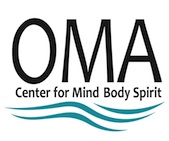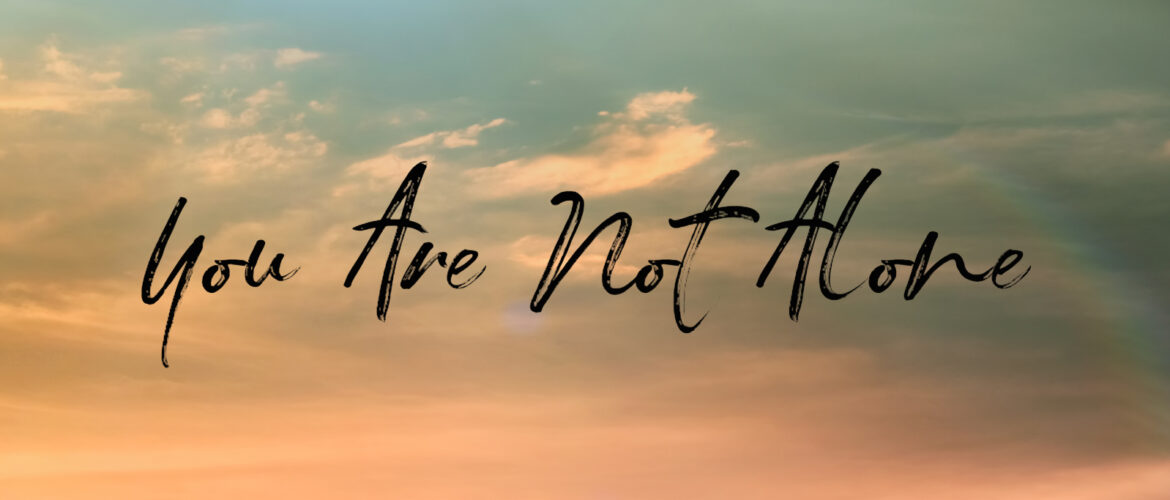
YOU ARE NOT ALONE--Online Panel Discussion
6:30 pm - 8:30 pm Eastern Time
Zoom Webinar
$5 Donation Requested
Includes replay sent to attendees within 48 hrs.
“SAD is more than just “winter blues.” The symptoms can be distressing and overwhelming and can interfere with daily functioning. However, it can be treated. About 5 percent of adults in the U.S. experience SAD and it typically lasts about 40 percent of the year. It is more common among women than men.”
-APA
Seasonal Affective Disorder Awareness Month is in December.
A lack of sunlight combined with a busy holiday season can be a very triggering time for survivors of trauma. Statistics show that individuals who have experienced trauma may be more susceptible to seasonal depression. When it comes to the holidays, many individuals struggle with feelings of sadness, loneliness, and isolation. Pressure to be happy and cheerful during a time when you do are handling reminders of the past or the absence of loved ones who are no longer around to celebrate.
YANA panelists will be discussing the ways that they manage and cope with through self-care activities and support during these potentially stressful times. Panel members will share personal stories of survival and holistic techniques to support you in the sacred process of reclaiming yourself in healing. You deserve to be respected and heard!
It can be a lonely journey, but You Are Not Alone.
The format of this event is a group panel that discusses and has conversations around different aspects of healing from trauma. We have anywhere between 4-9 people on the panel and are always open to anyone wanting to join the panel.
We set this event up as a Zoom webinar, not a meeting, to maintain anonymity of our attendees, so audience members will not be seen. There is a chat room, and you can ask questions and be invited to unmute yourself if you desire. Your name will be displayed in the chat, so please feel free to change your name to protect your identity in any way that you see fit.
*** If you feel you are in crisis, please contact the 988 Suicide & Crisis Lifeline, which offers free, 24/7 call, text and chat access to trained crisis counselors. Text or call 988 to be connected to a crisis center nearest to you. If you are in an emergency, call 911 or go to your nearest emergency room. OMA Center for Mind, Body, and Spirit does not offer crisis counseling or emergency services.***
It is critical that our efforts strengthen, so we can begin to heal these invisible wounds. They are crucial in promoting the healthy development of children and adults and healthy behaviors in families, schools and communities, thereby reducing the likelihood of trauma.
$5 Donation Requested. Your gift will be used to help us attain our goal of establishing a community and retreat center for the local community. Your generosity of any amount is greatly appreciated.
If you cannot afford a ticket, we offer scholarship assistance. Click for more information.
This panel conversation is part of OMA's Trauma Program. YOU ARE NOT ALONE is an OMA Webinar Series featuring a panel conversation on trauma and recovery—We are all connected on this journey of healing, of both self and humanity, from our own individual traumas as well as our collective traumas.
Panelists: Marilyn Carpenter, Deb Carter, Angela Failor, Callie Gropp, Gail Hunter, Laura Kustaborder, Mai Nguyen, Anna Smith, Leza Vivio. See past panelists.
Moderator: Callie Gropp
Let’s all drop the pretense that we are either normal, or abnormal…
We are all in the same support group: ordinary people who must deal with the struggles that come with being human. We all carry this heavy weight—a trauma, whether from childhood abuse, childhood adverse experiences (ACE's),domestic violence, gaslighting, bullying, emotional/ verbal abuse and manipulation, medical trauma, and injury. We all at the same time struggle to meet our basic human needs for connection, community, acceptance, and validation among ones who share our culture and language, or not, for authenticity–the capacity to feel what we feel and to be in touch with our bodies and to express what we feel when we need to.
Fundamentally, that is the ultimate trauma, the disconnection from ourselves…
In this webinar series we believe that in the presence of compassion, healing is possible. Only with compassion can we bear our pain. In the Tibetan Book of Living and Dying the author says, whatever you do don’t shut off your pain. Accept your pain and remain vulnerable. –Mai Nguyen, Panelist

